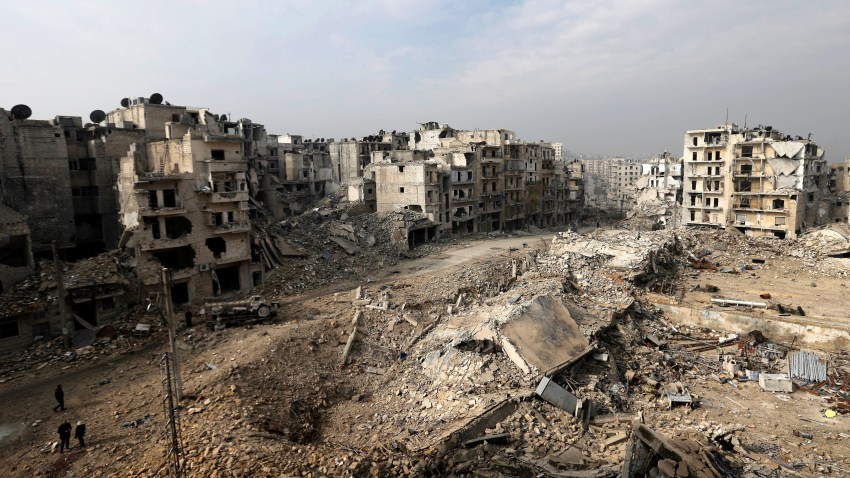When Syrian President Bashar al-Assad stepped onto the tarmac in Hangzhou, China, in late September, the warm reception and fanfare he received signaled the diplomatic revival he has long hoped for. The visit, his first to China since 2004, came as Assad looks to rejuvenate his dynastic leadership over Syria and exit international isolation after the country’s brutal 12-year civil war. That conflict has not only claimed thousands of lives but also sparked one of the gravest refugee crises in modern history.
In Hangzhou, Chinese President Xi Jinping offered Assad his support, including heralding a “strategic partnership” with Damascus. Their bilateral meeting was the latest demonstration of China’s solidarity with Assad, including Syria’s inclusion in the Belt and Road Initiative, or BRI, in January 2022 and the diplomatic cover Beijing has provided alongside Russia at the United Nations, in the form of numerous Security Council vetoes throughout the war.
Both leaders have also recently expressed opposition to foreign interference in the Middle East, a thinly veiled swipe at the United States, and Assad has backed China’s narratives on subjects Beijing considers extremely sensitive, such as Taiwan and Hong Kong. Moreover, Assad has been keen for a stronger anti-Western alliance in the region, at a time when China has been increasing its influence in the Middle East through moves like its mediation between Iran and Saudi Arabia in March, as well as its role in welcoming both states, along with the United Arab Emirates, into BRICS at the group’s summit in August.

